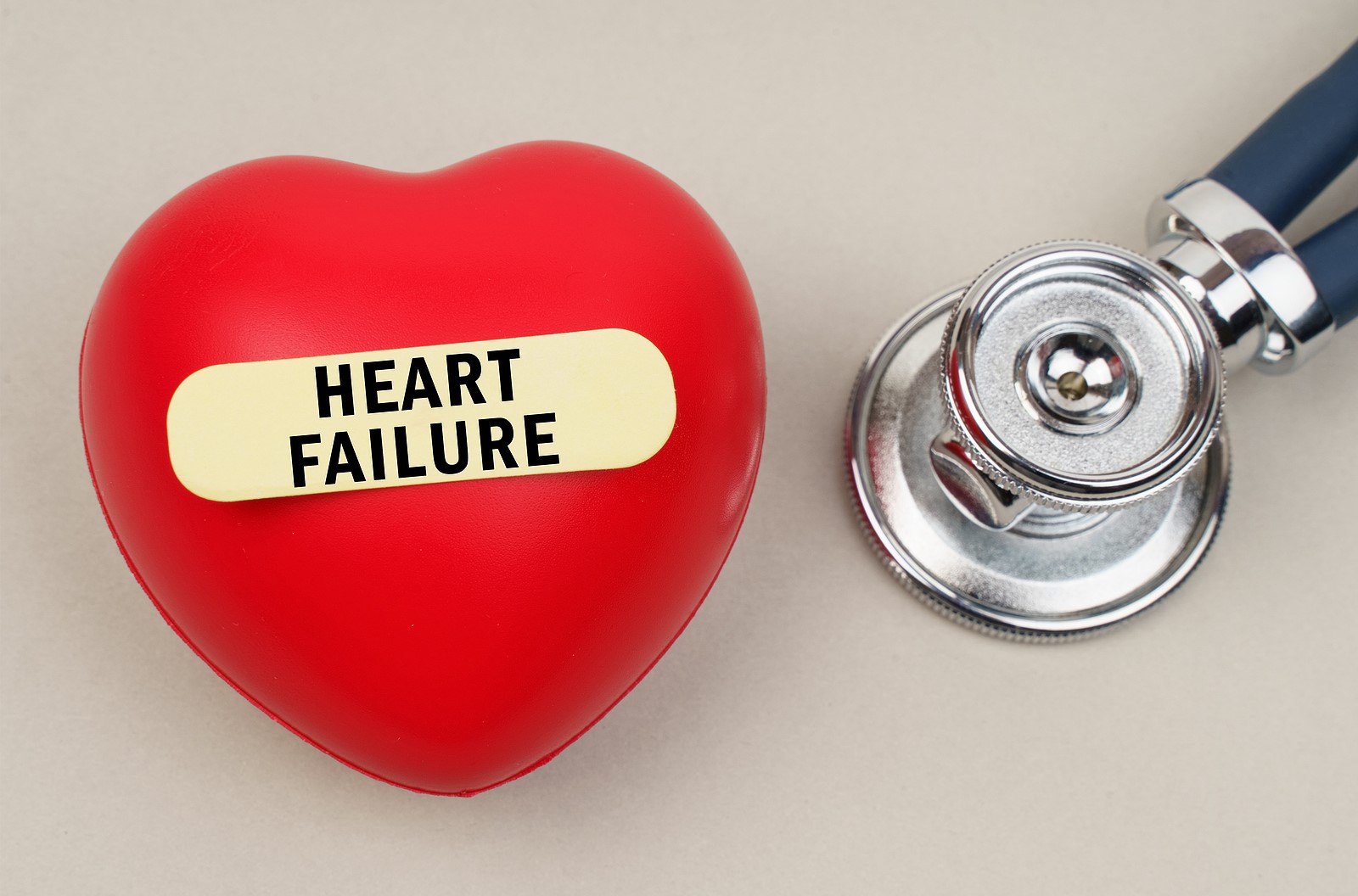
Heart failure is a serious and chronic condition. It occurs when the heart can no longer pump enough blood to meet the body’s needs. The early warning signs of heart failure are often subtle and can easily be mistaken for other conditions. Learn about the early warning signs of heart failure so you can get treatment as soon as possible.
Congestive heart failure, often known as heart failure, is a condition where the heart muscle cannot pump blood as efficiently as it should. This frequently brings on shortness of breath because blood frequently backs up and fluid can accumulate in the lungs. With proper care, heart failure symptoms and signs can be reduced, and some people may live longer. Your quality of life can be improved by making lifestyle changes, including losing weight, exercising more, reducing salt (sodium) in your diet, and managing stress. Heart failure, however, poses a risk to life. People with heart failure may experience severe symptoms, and some may require a ventricular assist device or a heart transplant (VAD). (Mayo Clinic)
Symptoms of Heart Failure
Heart failure may develop gradually over time (chronic) or suddenly (acute). Signs and symptoms of heart failure might include breathlessness when resting or during exercise, weakness and weariness, legs, ankles, and feet swelling, irregular or fast heartbeat, decreased capacity for exercise, persistent cough or wheezing with blood-tinged mucus that is either white or pink, belly-area swelling (abdomen), rapid weight gain due to fluid accumulation, a lack of appetite and nausea, having trouble focusing or being less alert, and chest ache if a heart attack led to heart failure. (Mayo Clinic)
Impact of Heart Failure
According to the Centers for Disease Control and Prevention, heart failure affects more than 6 million adults in the US. One or both of your heart’s sides may be impacted. Heart failure on the left or right side may have several causes. Heart damage from another medical issue is most frequently the root cause of heart failure. The condition can result from cardiomyopathy, inflammation of the heart, and high blood pressure. Heart failure may not immediately show symptoms.
Pulmonary hypertension and other heart diseases, such as an irregular pulse, heart valve dysfunction, and sudden cardiac arrest, are other conditions it might cause. Your doctor will diagnose heart failure based on your medical and family history, a physical examination, the findings of imaging and blood tests, and other factors. Heart failure is a dangerous ailment for which there is no cure; however, treatment options like medication, some technologies, and procedures can help many individuals live longer and with a higher quality of life.
(National Heart Lung and Blood Institute)
Living with Heart Failure
Your doctor will advise you when to start working again after going home if you were hospitalized for heart failure. Once you feel better, you can continue your normal activities if you abide by your doctor’s instructions. Increase your activity levels gradually and pay attention to your body to determine when it’s time for a break. Your heart can be strengthened, and your stamina can be increased through exercise in a cardiac rehabilitation program. The program will be more helpful in assisting you in understanding your endurance the earlier you begin. (WebMD)
Heart failure is a severe condition that can impact the quality and length of your life. Living with heart failure, however, can be managed. With lifestyle changes such as losing weight, exercising more, reducing sodium in your diet, and managing stress, symptoms, and signs of heart failure can be reduced. Early diagnosis and proper medical care are vital for managing this condition and leading a healthy life.
Works Cited
“Heart Failure.” Mayo Clinic, Mayo Foundation for Medical Education and Research, 10 Dec. 2021, www.mayoclinic.org/diseases-conditions/heart-failure/symptoms-causes/syc-20373142.
“What Is Heart Failure?” National Heart Lung and Blood Institute, U.S. Department of Health and Human Services, www.nhlbi.nih.gov/health/heart-failure#:~:text=Most%20often%2C%20heart%20failure%20is,not%20cause%20symptoms%20right%20away.
“Tips for Managing and Living with Heart Failure.” WebMD, WebMD, www.webmd.com/heart-disease/heart-failure/living-with-heart-failure.





